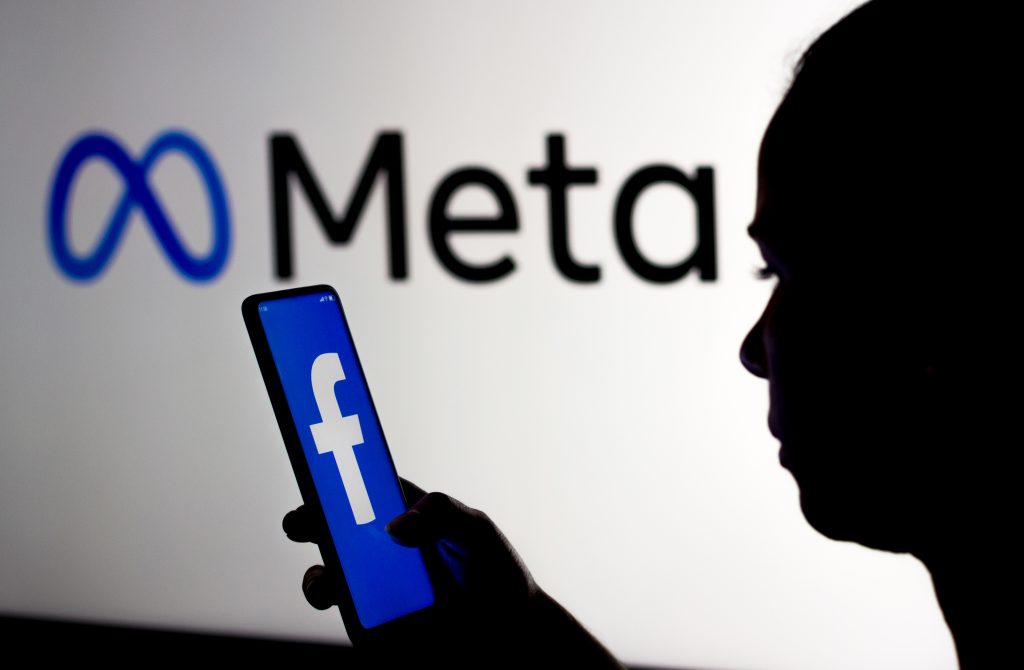Canadian government urges Meta to lift news ban amidst wildfires
The ban, enacted in response to a recent law requiring tech giants to pay for news content, has been criticized for hindering the dissemination of critical information during emergencies.

The Canadian government has called on Meta to lift a ban it imposed on domestic news sharing through its platforms, Facebook and Instagram. The ban was implemented in response to a new Canadian law requiring tech giants to pay for news articles. This ban has drawn criticism, particularly regarding ongoing wildfires in Canada’s western region.
Citizens, including those affected by the wildfires, have expressed concerns that the ban hampers their ability to share crucial information. Government officials have labeled Meta’s decision as ‘reckless’ and detrimental to public safety during emergencies. Some individuals have resorted to posting screenshots of news information due to the inability to share direct news links.
In response, Meta activated the ‘Safety Check’ feature for users to indicate their safety after a disaster. The company argues that users don’t primarily use its platforms for news and insists that paying for shared content is unsustainable for its business model.
Why does it matter?
While Meta has activated its ‘Safety Check’ feature, this may not adequately address the breadth and depth of information that news sources provide during emergencies. Blocking news sharing can hinder the flow of vital information, potentially jeopardizing lives and property. Meta’s decision underscores the intricate balance between government regulations for public welfare and tech companies’ autonomy, often driven by their underlying business models.
